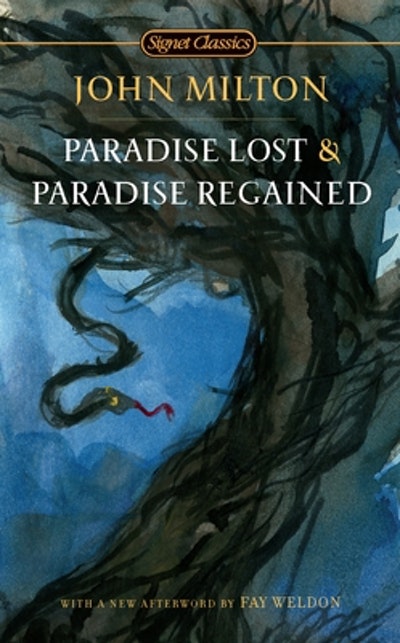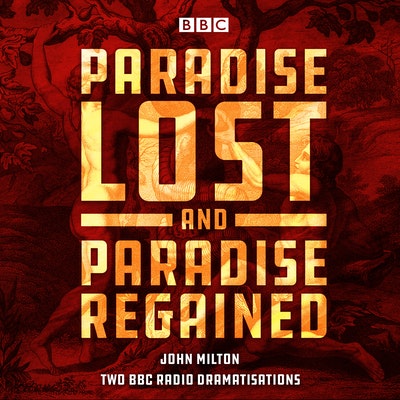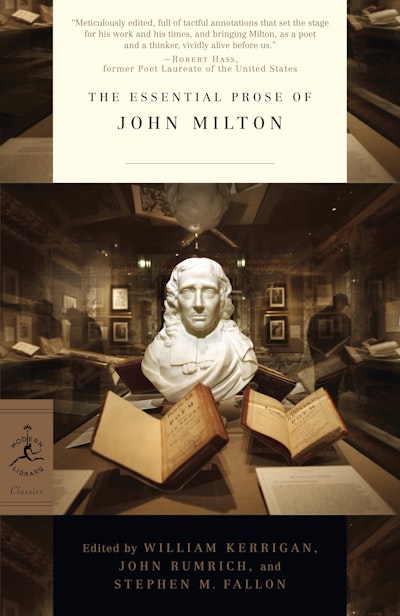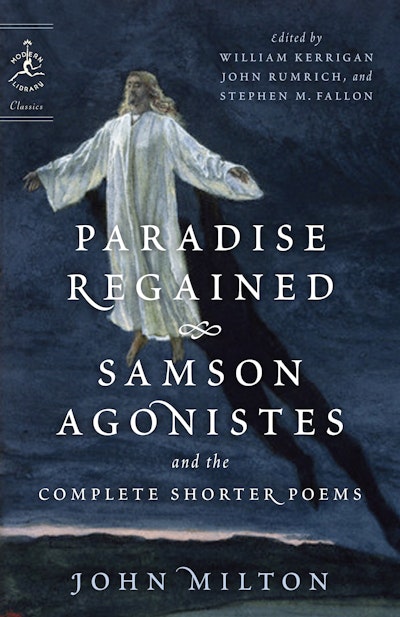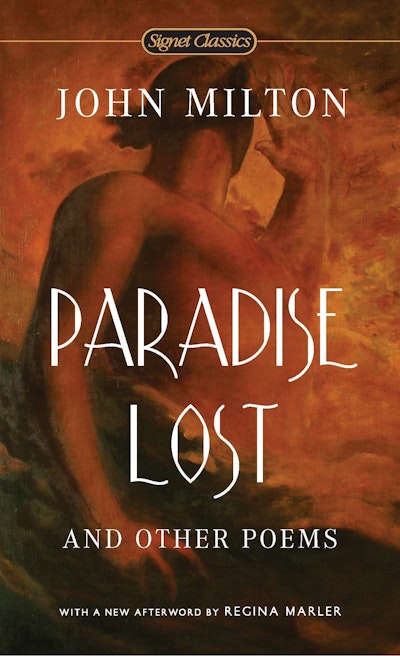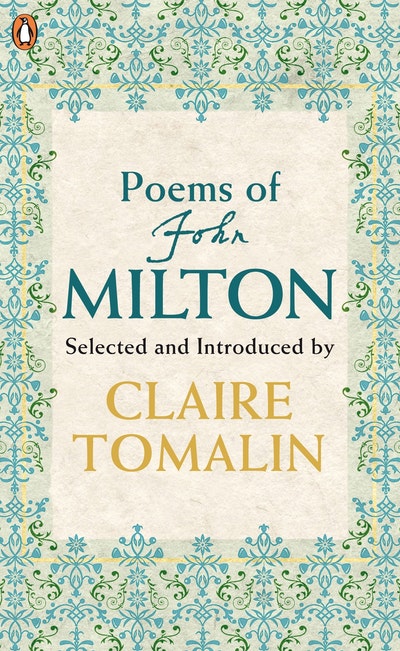- Published: 1 December 2010
- ISBN: 9780451531643
- Imprint: Signet
- Format: Paperback
- Pages: 400
- RRP: $24.99
Paradise Lost and Paradise Regained
- Published: 1 December 2010
- ISBN: 9780451531643
- Imprint: Signet
- Format: Paperback
- Pages: 400
- RRP: $24.99
Offers an intensely filmic description of the events that countless artists have sought to visualise
The Times
Milton represents the English imagination at its most organised, disciplined and sublime
Tom Paulin, Guardian
Never was a work of literature so imbued with the visual. He creates a universe that never existed, and paints it so you see it and are overwhelmed by its immensity, its magnificent splendour at the top end, the great dark plains and huge rocky mountains, the fires and storms at the other - and the horror of the void between
Julian Rathbone, Independent
I read Paradise Lost when I was 11, and it made me suddenly realise that the Devil was sexy, which was quite muddling at that age and had disastrous consequences in that I then lusted after unsuitable men for the rest of my life
Jilly Cooper, Daily Mail
When the blind John Milton came to retell the story of Genesis in book seven of Paradise Lost he dwelt with understandable poignancy on the sheer visual loveliness of the newly created world. Anyone who thinks Milton is a pedantic old bore should peruse the lines that celebrate the wonder and beauty of birds' flight, migration and song
Financial Times
Profound and lofty, sardonic and poignant, a challenge to the spirit in its fierce doctrine, and to the imagination in its visionary vistas (our greatest work of science fiction?), Paradise Lost displays the most thrilling range of sights
Christopher Ricks, Sunday Times
England's only great epic, the Civil War's most beautiful consequence, and its strangest
The Times
